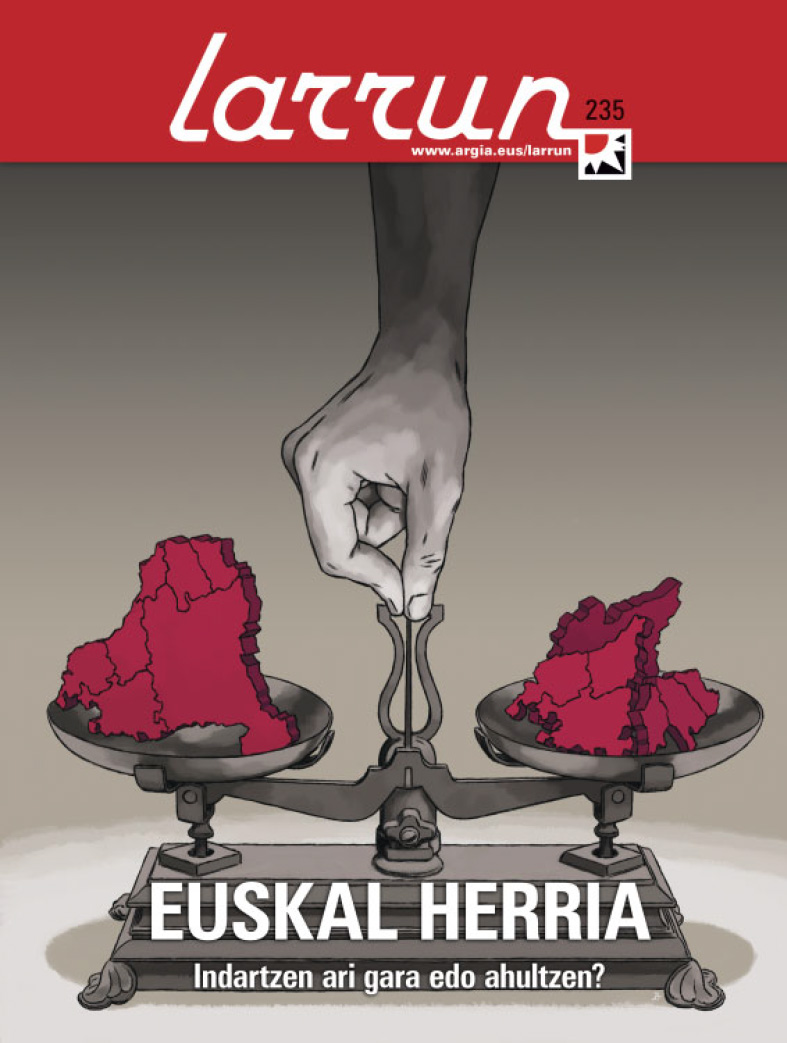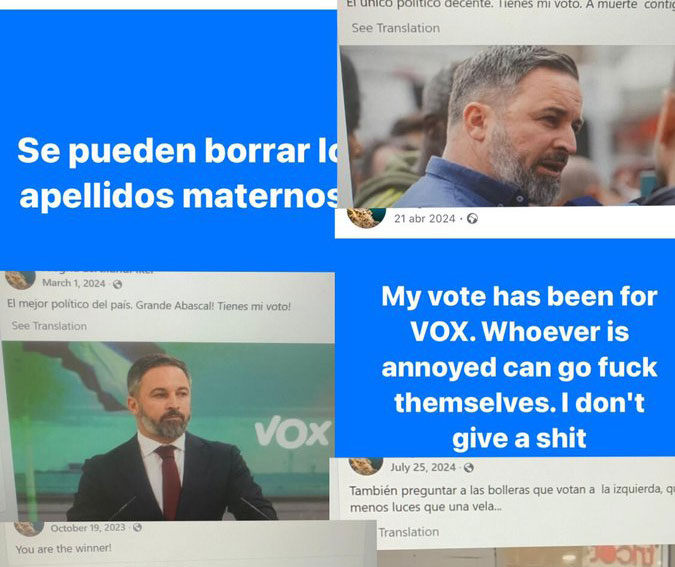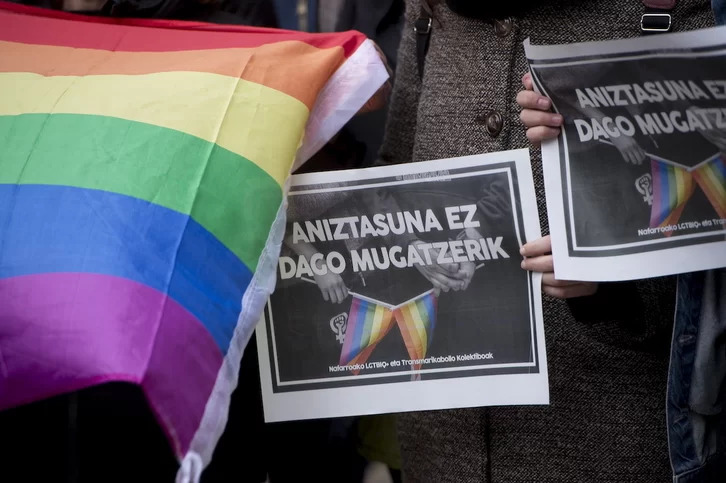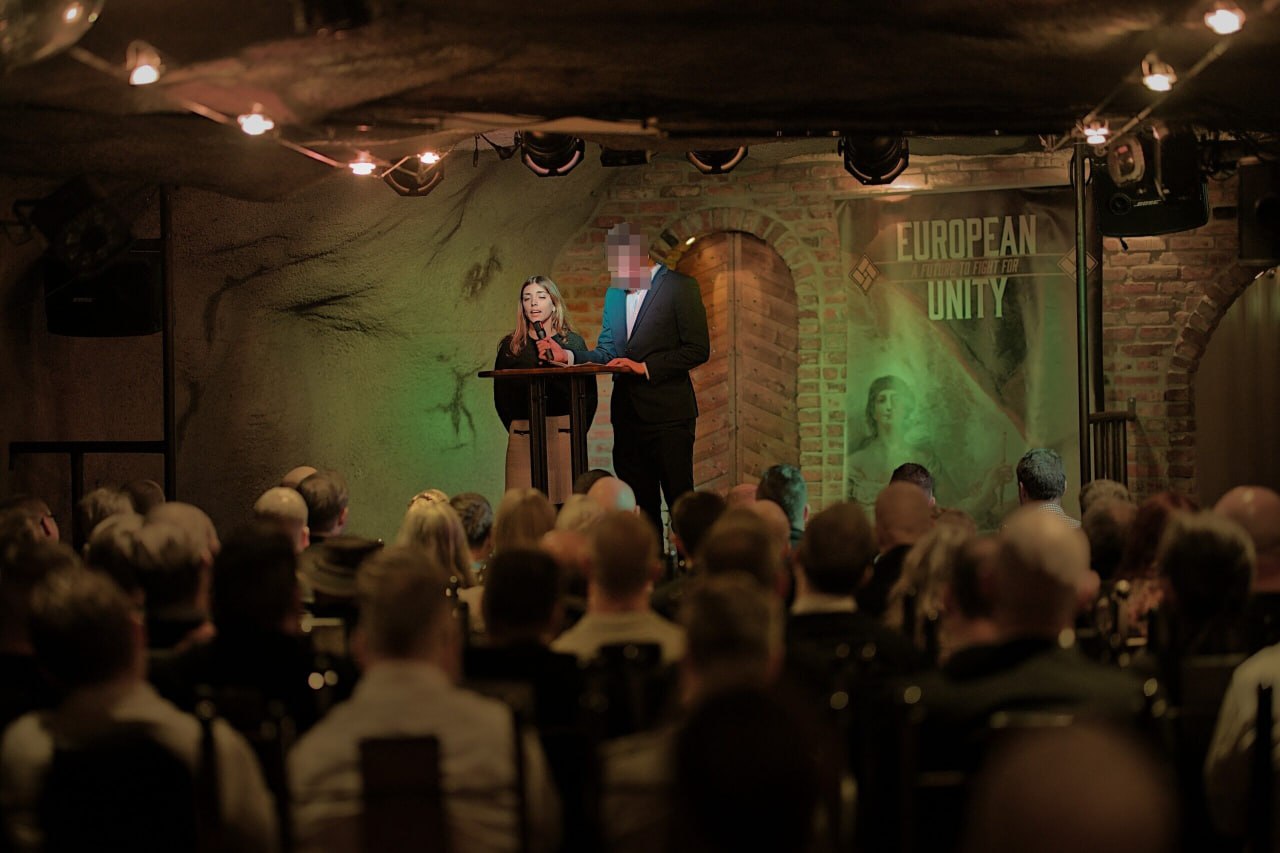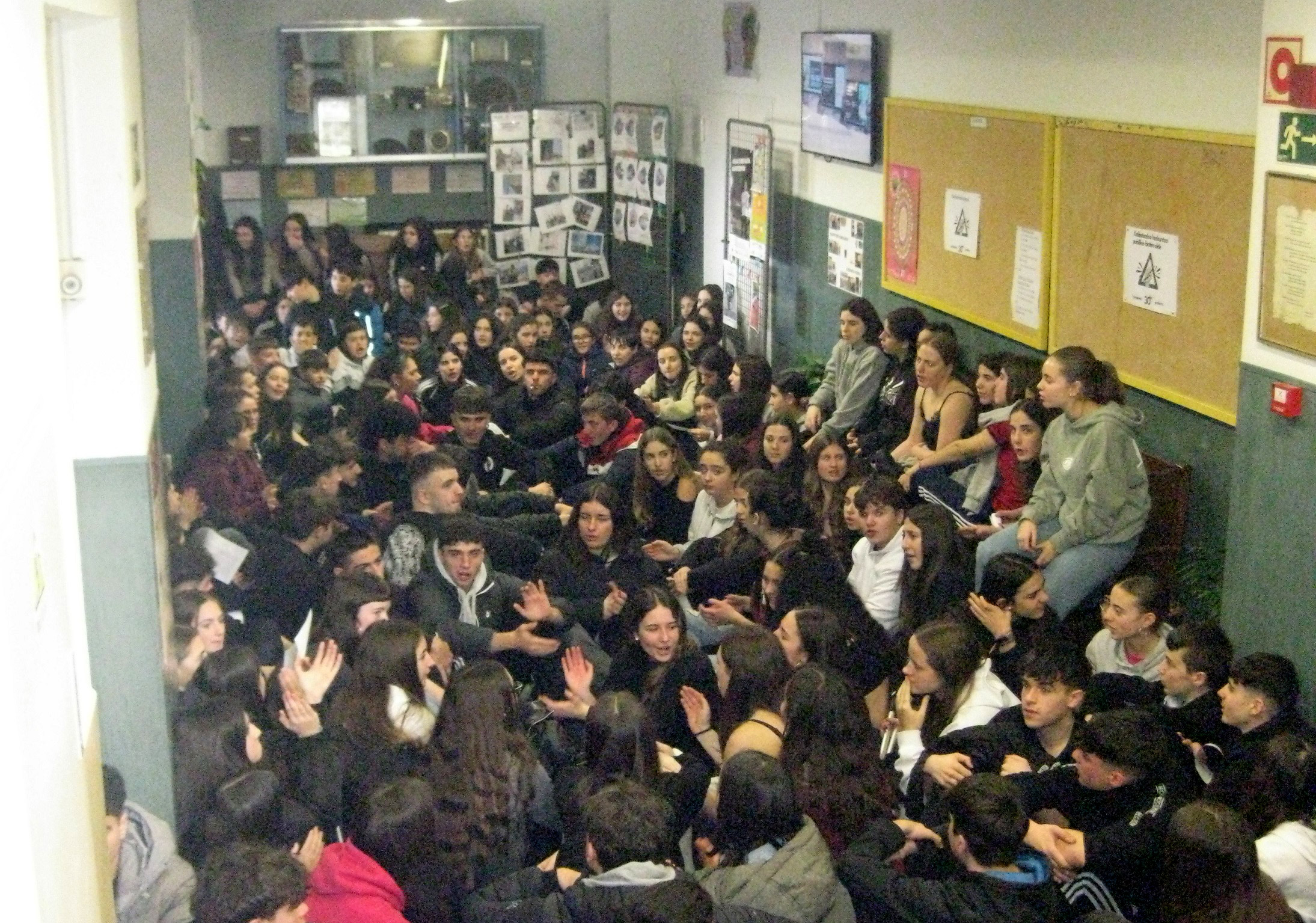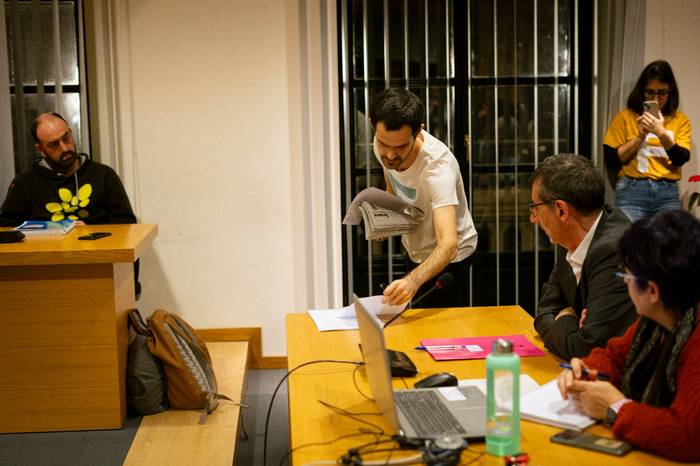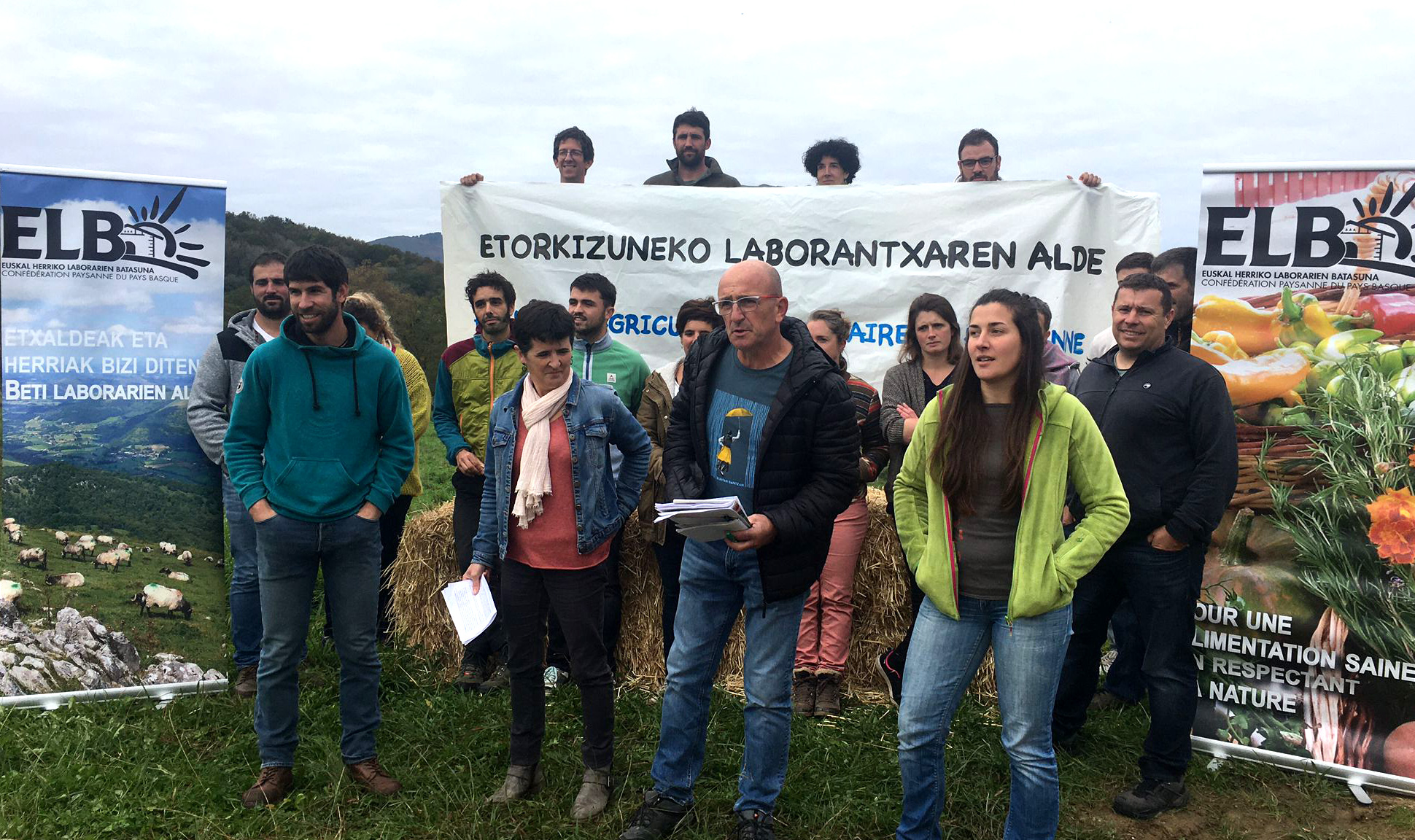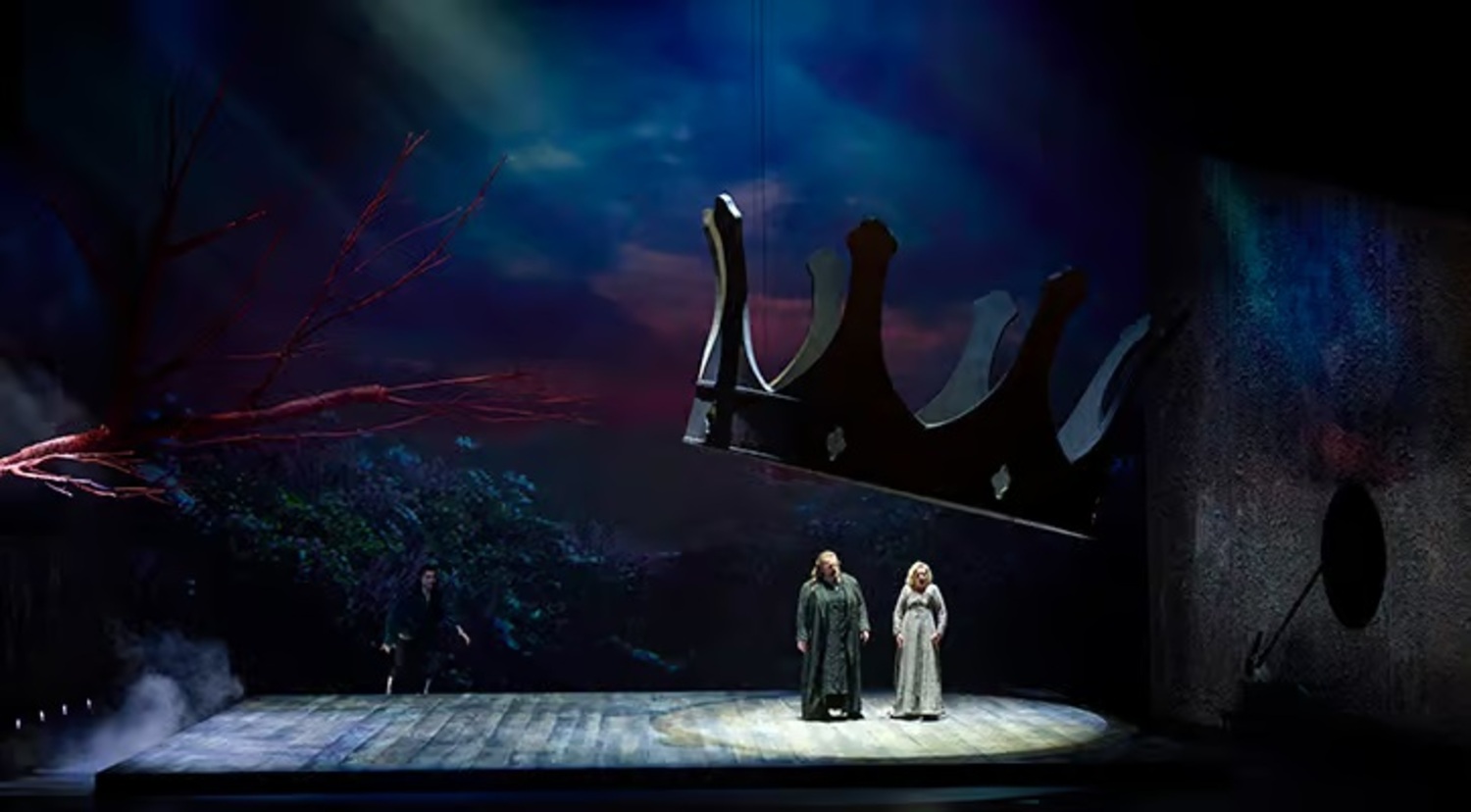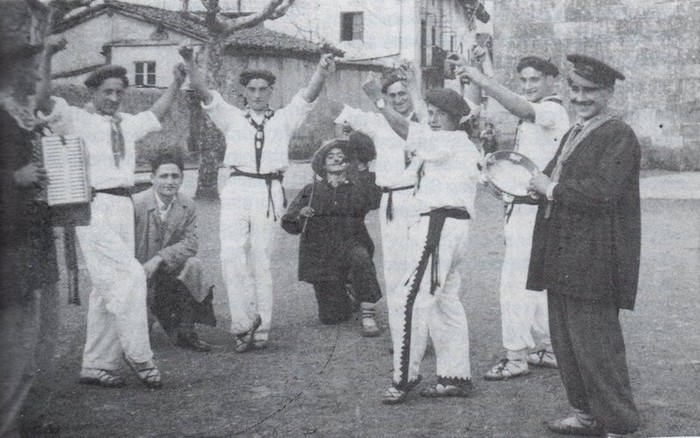"Without a national communication framework, a Basque nation cannot be built"
- Amezaga (Caracas, 1960) is a PhD in Sociology and Director of the Audiovisual Communication and Advertising Department at UPV/EHU. In 2017 he presented the study The importance of the communication space facing the challenge of national construction, on which we have focused. His thesis is hard: Those who see Euskal Herria as a nation do not have a national communicative framework, and without that, today, it is hardly possible to build a Basque nation.

Let's take a look at the communication spaces you've studied: the national, state space and regional.En first place I would like to clarify that when I talk about the
communication space I mean the space where communication comes. I differentiate three spaces: the national, which covers the entire Basque Country; the regional or autonomous; and the state, which refers to the French or Spanish space. I haven't included the local media in the study, because they themselves recreate that local space; they can help build the nation, but the space they reflect is not the nation, but the place.
OK, now let's see how they spread.
The most consumed media are those that visit the state space. More than 80% of the Basque population consumes a daily media that speaks of Spain or France, while only 35-40% consume media that speak of the whole of the Basque Country. Of course, the citizen can consume from the two spaces, they are not exclusive, but in the best of cases, the national space consumes about a third.
What does that mean? Important effects. Euskal Herria is a territory that we finally imagine, has a language, a history, a memory, political projects, etc. All of this is a nation. But let's imagine a person coming from outside: he doesn't have Euskera, he doesn't have a memory from here, he doesn't have a national political project for Euskal Herria, he lives every day in a city, and he might go on vacation to Cantabria. What is the daily experience of Euskal Herria for this person? Especially what the media give it, and especially the imaginary of Spain or France, and that of Euskal Herria is very small. There is therefore no Basque nation based on communication.
That is serious for the future.
What is Basque Country? All those elements that we have just mentioned, but that you have to feed them every day, otherwise, with the speed that the world is now moving, they change every morning. Culture is based on information and culture itself changes faster than ever before; and along with cultures, ideologies, visions of the world…
Given all this, is the image of Euskal Herria growing or decreasing in recent decades?
I do not have a strong answer, perhaps in some dimensions it is getting stronger and in others it is getting weaker.
Can this also be considered in the field of communication?
Yes. For example, there are indications that it is possible to strengthen the national communication framework. It has been possible for EITB to expand to practically the whole of the Basque country; the media in Basque have suffered the crisis, but they have maintained and collaborated in the consolidation of this framework. There are also negative signs. I believe that digitalisation has brought us a huge setback: for example, 10-15 years ago, the superiority of ETB among children has exploded. In the case of the press, the national press has entered much more, people do not buy El País, El Mundo or El Diario.es, but the internet is consumed a lot. As far as public opinion is concerned, before the conflict there was plenty of room and that has now been occupied primarily by other State affairs. On social media, it's amazing how easy information comes in and the jokes of the state -- I don't know if we're going forward or backwards, but I see big risks.
Do you think there is a perception of this risk in society, in institutions, in university… I think
there is no such perception. Over decades there has been much debate about the influence of the media and, for example, there has been talk about how in the 40-year-old Franco regime it was not possible to eliminate the Basque national feeling. But there were other self-defense mechanisms: ideology, strong culture… Today these mechanisms have weakened: culture and society are very changing, the cultures of the world have more and more similarities between them… and, therefore, I believe that the media have more strength today.
We are a people of thousands of years, the Romans have gone through here, the Arabs, the oldest language in Europe, Franco… and we always here. We repeat it and I do not know if we do not have too much confidence in it, that is, if we have endured thousands of years, we believe that we can survive thousands more…
All of this has a mythological tone today… You can
write the past, but the future is not written. Today we are a nation, but tomorrow? Taking three million people from this territory, we would sometimes have to think about whether we are a nation.
You say that the Catalans have caught the bull by the horns in recent decades. What have you done?
The Catalans saw from the very beginning that communication is important. [Jordi] Pujol says that at the beginning of autonomy they had to demonstrate to society that they did something big and that they had two proposals on the table: making autonomous police or making television. ``Pujol said clearly: television. Here before television the Berroziak [precursors of the Ertzaintza] emerged.
The Catalans saw from the beginning that they needed a strong communication network and from there came a strong network of social media, the eruption of private media in Catalanism, the audiovisual council, research… In the Generalitat they have always had the theme in the presidency and not in the culture. Among other things, they have placed communication at the heart of a national strategy. In the first government of the CAV, there was a vice-ministry of communication until the creation of ETB and it is now.
In industry, for example, strategic plans have been made and resources have been put in place. No such plan has been made in the communication. With that perhaps tomorrow we can be rich, but what we will be: Spaniards, Basques, global … What gives us a character of country will not come from industry, from the train, from identity, from language, from culture, and for that we need communication. The need has not been seen from the institutions. Some people see it, but the policy for it has not developed.
What should be the pillars of the strategy to build the communicative space of Euskal Herria?
First, a communication policy agreed between the administration, civil society and the private world. Communication laws are in all the states of Europe, not here. And then we have to look at history, because here in the case of the nation and the Basque country, much of what has been done has come from the popular initiative. That cannot be ruled out.
Today science fiction seems to be seeking coordination between the Basque Government and the Government of Navarra to develop communication laws.
Arantxa Tapia recently said that the TAV was strategic from the point of view of territorial cohesion. I want that scheme also in communication. Today there are conditions to take steps in this field throughout the Basque Country. A similar approach would be needed to the creation of Eusko Ikaskuntza and Euskaltzaindia 100 years ago: “We are a people and if we do not move we will disappear, so we need minimum institutions.” And with the support of the four members of Hegoalde, two entities were created. Why can no such thing be done in the field of communication? Why not a television of the Basque country throughout the territory? Of course, for that we must overcome the partisan logic and think that these media must be above the parties.
You pay special attention to television. Why?
Because it's the most widespread media today. Of course, the press is also very important because it creates an image in the political and cultural elites and that influences the whole of society, but the most powerful means to reach people directly is television.
You can already see ETB in almost the entire territory of the Basque Country.
Yes, but at least it has two big problems: one, that few people see it and two, that it has at its side hundreds of televisions, feeding state and global spaces. We have ETB, but we have to strengthen it. In addition, only one media outlet will do nothing, we have to think of communication as a system. Today very few TVs manage to pass 15% of the audience, but if you add up the work of many, 80% reproduces Spain. They act as a system. We have a television to deal with an entire system.
The national space is weak compared to the other two and in that national space there are few of us in Euskera: ETB, Euskadi Irratia, Berria, ARGIA, Hamaika… We are paying
for that lack of communication strategy and we are paying for a bad policy of normalisation of the Basque Country. In the recovery of the Basque Country, the school has been the big bet; the problem has yielded results of problem in knowledge, but this has not helped enough with other policies. The school teaches and demands laws -- officialdom -- but then what drives use? At the social level, not enough has been done, and there the media have a great impact.

One place deserves a special mention. You have studied the Gran Bilbao and the situation is complicated.
Very hard. In Greater Bilbao, 30% of the people who enter the national communication space daily and 90% of those who immerse themselves in the state space daily. In the last ten years, the percentage of national space has lost 10%. So, what is Euskal Herria if they barely move from Bilbao La Grande and the media they consume are state-wide? It is a common problem in all capitals, but the most serious thing is that in Bilbao resides a third of the population of Euskal Herria.
Is it possible to build a Basque nation without a communication framework?
I think not today. If no one had a communication space, we could also survive as a people. But we are surrounded by communication areas, both state and global, and we have nothing to do with that. The same is true of the State: Is the state necessary to have a people? Well, if others don't have it, maybe you don't either, but if others have it, you also need it, if you don't swallow it. Many strong States are also concerned about the overall framework and are taking action.
Vagina Shadow(iko)
Group: The Mud Flowers.
The actors: Araitz Katarain, Janire Arrizabalaga and Izaro Bilbao.
Directed by: by Iraitz Lizarraga.
When: February 2nd.
In which: In the Usurbil Fire Room.







